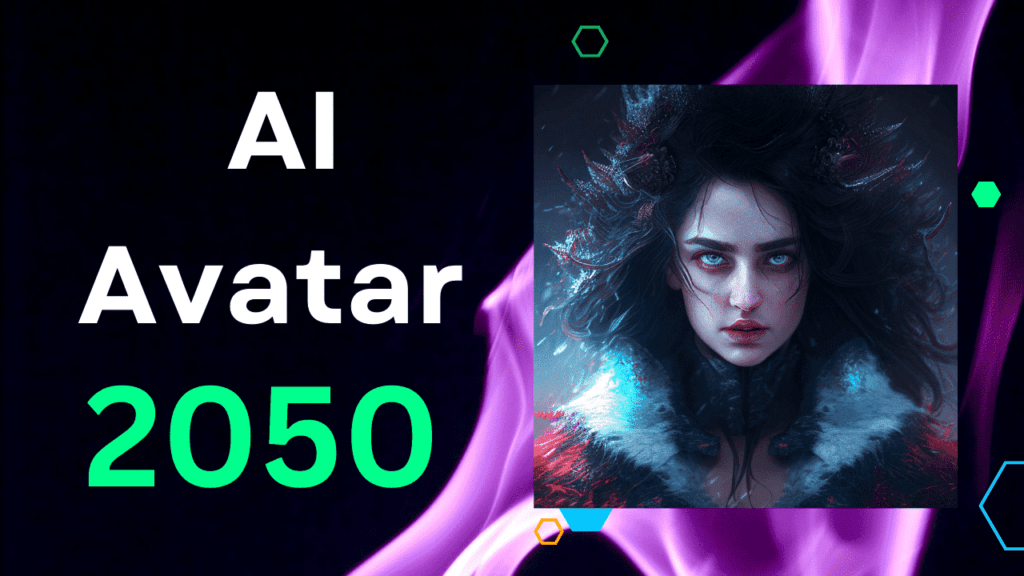The AI avatar, an entity that emulates human-like conversations and interactions through natural language processing and other machine learning approaches, remains an obscure and puzzling concept for many.
Despite being a relatively old idea, continuous advancements in AI technology have led to the creation of more sophisticated and lifelike avatars.

The intricate and unpredictable nature of these AI avatars, characterized by their high degree of perplexity and burstiness,
poses both opportunities and challenges for their development and application in various fields.
Nonetheless, their potential to revolutionize human-machine communication cannot be overlooked.
AI avatars, omnipresent in contemporary society, have multifarious applications spanning diverse industries.
Their versatility is evident as they are being employed in healthcare, education, entertainment, and customer service domains.
In healthcare, AI avatars are helping individuals with mental health conditions through virtual therapists capable of responding to emotional nuances.
The education sector benefits from personalized learning experiences created by AI avatars, as they provide students with feedback and guidance customized to their specific requirements.
AI avatars’ ubiquity in modern society highlights their indispensable role in enhancing human experience and signifies their potential to transform the future.
How AI Avatar Begins
The inception of AI avatars commences with the inception of virtual assistants or chatbots. These virtual assistants operate by being pre-programmed to identify and act upon specific commands and requests, making use of natural language processing techniques.
As they continue to function, the virtual assistants undergo machine learning training to broaden their capacity to comprehend and respond to a more diverse range of inquiries.
This dynamic process results in a continually evolving system that aims to simulate human-like intelligence, with avatars being the end product of this development.
AI Avatar Animation Online
As we tread deeper into the realm of AI avatar technology, the prospects of witnessing more sophisticated and lifelike avatars in the days to come seem all the more probable.
The repercussions of this development could be far-reaching, especially in fields such as customer service and education, as it has the potential to provide a personalized and immersive user experience that could be nothing short of transformative.
Comparison AI Avatars Free vs Paid
| Features | Free AI Avatar Services | Paid AI Avatar Services |
|---|---|---|
| Customization | Limited | Extensive |
| Avatar Quality | Basic | High-quality |
| Voice Options | Limited | Wide Range |
| Animation | Basic | Advanced |
| Customer Support | Limited | Priority Support |
| Watermarked Output | Yes | No |
| Usage Restrictions | Yes | No |
| Integration with Other Tools | Limited | Extensive |
| Pricing | Free | Paid |

AI Avatar Disadvantages
AI avatars can mimic human interactions, but may lack empathy and emotional intelligence, which could be problematic in industries like healthcare that rely on compassionate patient care.
Uses of AI Avatars
AI avatars have a wide range of applications across various industries. Here are some examples:
- Healthcare
- Education
- Customer Service
- Entertainment
- Retail
AI Avatar vs AI image in 2030
The future of AI avatars is exciting, with the technology expected to become more advanced and difficult in the coming years. Here are some potential developments that we could see in the future:
- Increased Personalization
- Improved Emotional Intelligence
- Enhanced Realism
- Integration with Other Technologies
- Greater Integration into Society
AI Avatar Privacy Protection
AI avatars offer exciting prospects, but ethical dilemmas such as data privacy and impact on employment must be tackled. As technology progresses, it is imperative to recognize these implications and ensure responsible development and use of AI avatars.
Conclusion
AI avatars are set to become increasingly sophisticated, opening up exciting possibilities for their use across industries. The pace of transformation is expected to quicken, making it fascinating to see how this technology will develop in the years ahead.